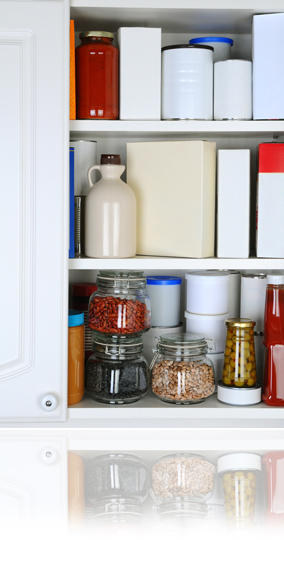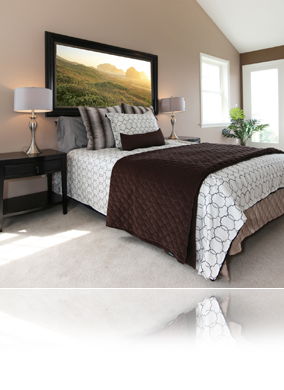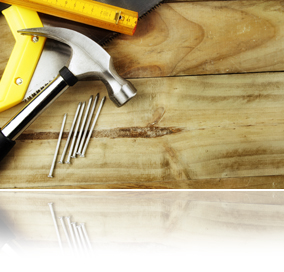When you put your property on the market, ideally you want to sell it as quickly as possible and for the highest price possible. But sometimes one is more important than the other. For example, if you’re relocating, or have purchased another home that is closing soon, selling your current property quickly may be a priority.
Do you have to sacrifice price to do that? Not necessarily. But there are some things you can do to help get a good offer, sooner.
Price your property competitively. Make sure your home is not listed higher than the price for which similar properties have recently sold in your community.
Make it look “move-in ready”. Take care of all repairs and other maintenance issues before you list. Ensure your property is clean and uncluttered, inside and out.
And lastly, be flexible with viewing times. Be willing to take your family out for a coffee or an ice cream should a potential buyer want to see your home on short notice.









